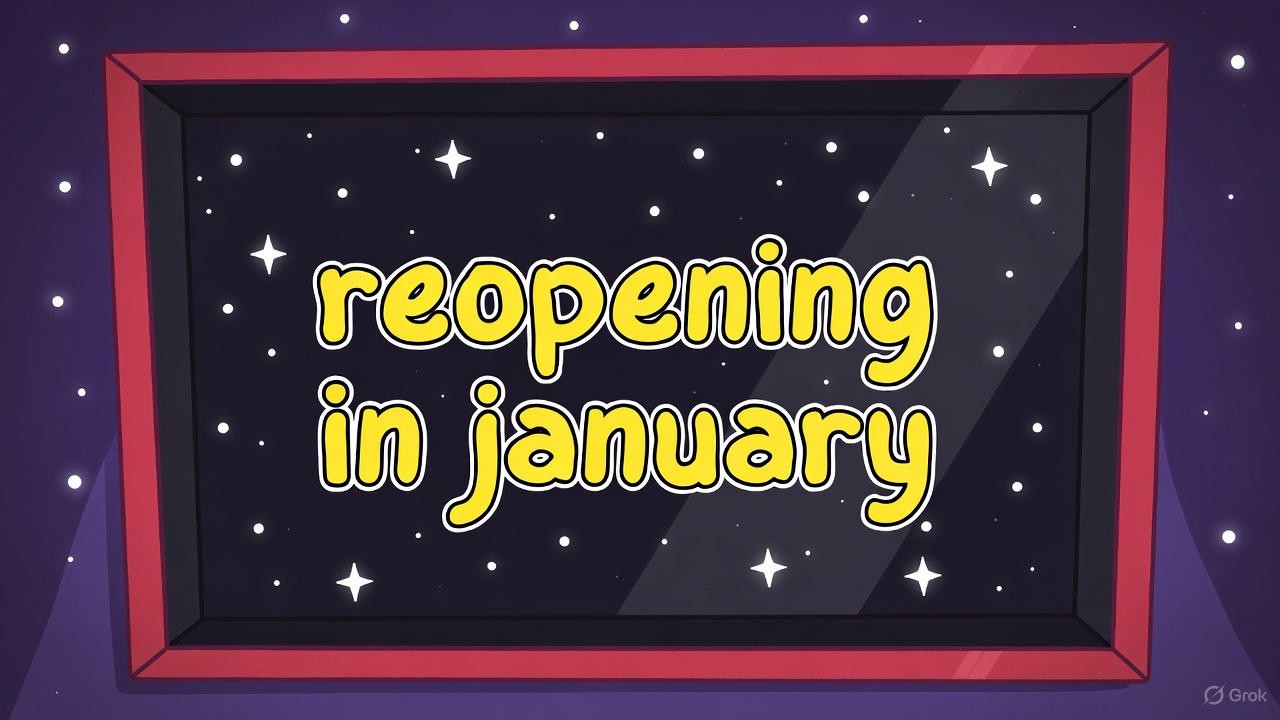Meet The Team - Paul
You’ve told us that you’d like to find out more about us and so we thought we would run an occasional “meet the team” series. We are starting with Paul, our operations lead and, for his sins, Chair of our Management Committee.
Paul is a volunteer with an especially relevant and valuable CV. He comes armed with decades of professional experience in cinema operations, firstly at the French-owned UGC cinemas and then at Empire cinemas, which owned the magnificent Empire Leicester Square – “a grand old lady”, Paul says fondly – and the home of numerous film premieres attended by global screen stars. He retired several years ago to travel with his wife.
But when he learned of the urgent need for knowledge, experience and enthusiasm to get Ely’s community cinema up and running once more, “I just felt it was time to offer my experience and give something back,” he says. “So here I am.”
He rejects any suggestion that he is an expert in film itself. “I’m a film fan,” he says. “I enjoy all genres. And I know that there is nothing greater in a community than having a cinematic experience with a group of like-minded people. Cinema can be the heart of a community.”
Asked what the secret is to create a successful community cinema, Paul says, “The short answer is, it’s about the people and the product. First, it is having a team of people who believe in cinema and believe in what cinema can offer. And then it’s finding the films that people want to see, and giving that audience the time and space to enjoy those films. It’s putting films on at the time of day that works for those groups of people, whether it be a morning show, an afternoon show, an early evening show, whatever.”
He elaborates on the idea of community cinema. “My introduction to working in cinema was in French cinema,” he relates. “And the French cinemas I worked for, they were very much designed around having a place after the film to sit and talk about it -- a bar, a coffee area, and as opposed to rushing away at the end of the film, the whole culture was to sit and talk about film.
“That’s what you can replicate in a smaller community cinema…you can hopefully dedicate more time around the show to really give it a full experience and to share what’s just happened.
“If you can create the environment where some people arrive before the film to talk about their excitement and create an opportunity where people can discuss their experience after the film, and also start to get excited about what’s coming next, it then becomes virtuous, and they’ll tell their friends they had a good time.
“And you know,” he adds, “there is nothing better than watching a movie in a dark theatre with other people.”
By DeeDee Doke
